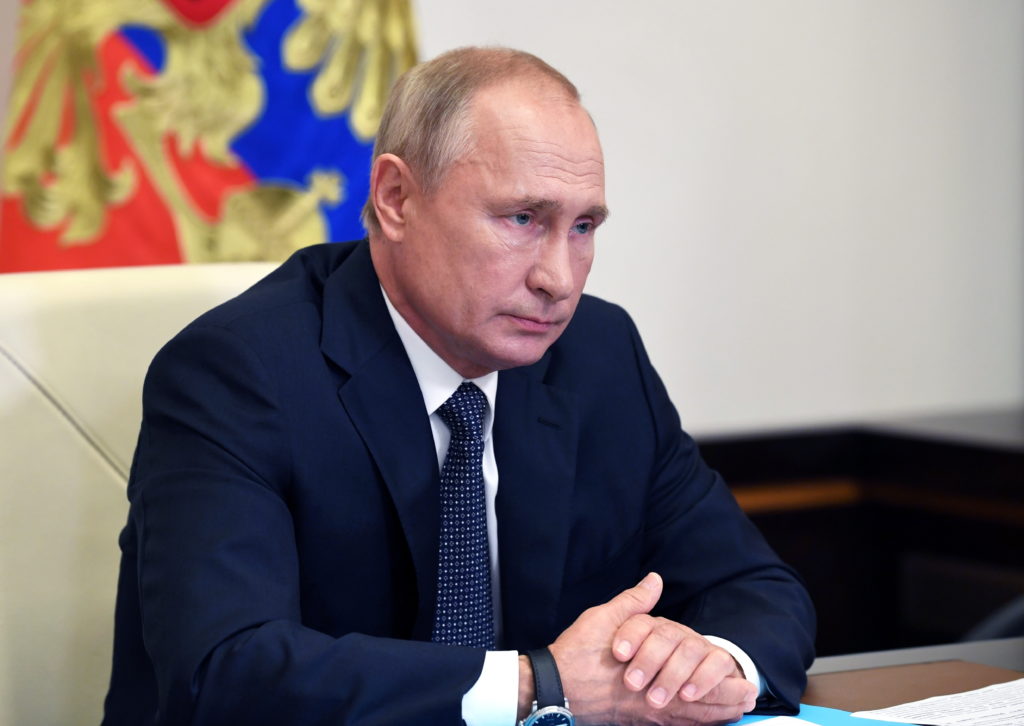All countries listed have imposed or joined the sanctions against Russia over its invasion of Ukraine.
By Batya Jerenberg, World Israel News
Russia published on Monday a list of 51 ‘unfriendly’ countries and territories for financial restrictions due to their support of economic sanctions over its invasion of Ukraine, now in its 13th day.
The government website named major countries as well as tiny states. The entire EU, the U.S., Canada, the UK, Japan, Australia, Switzerland and South Korea were alongside Micronesia, Andorra, Iceland, Liechtenstein, San Morino and Monaco.
Singapore, Montenegro, Albania, Norway, New Zealand and Taiwan also made the list, with the last counted as “a territory of China.”
While several British overseas territories were included, one of them, the international tax haven of the Cayman Islands, was conspicuously missing. Israel was also left off, even though Jerusalem has condemned the invasion.
Prime Minister Naftali Bennett has been attempting to mediate between the warring sides, even flying to Moscow last Saturday, on the Jewish Sabbath, to meet with President Vladimir Putin.
The decree stated that since these countries have taken “unfriendly actions against Russia, Russian companies, and citizens,” all business deals with individuals or companies from those states and regions will first have to be approved by a special government commission.”
Another provision states that Russian citizens, companies and the government itself can pay their foreign exchange debts — for amounts of over ten million rubles a month or its equivalent in foreign currency — to creditors on the list in rubles.
This measure could be very costly to those who hold major amounts of Russian bonds and to the growing number of major international companies that have announced that they are pulling out of the country.
Following the imposition of harsh sanctions, which included removing major Russian banks from the international SWIFT payment system, Russian companies have tanked in value and the ruble has sunk on an almost daily basis. It is now trading as low as 150-160 to the U.S. dollar, and trades on the country’s sovereign dollar- and euro-denominated debt have all but stopped.
The local stock exchange has also yet to open its doors since the second day of the war – another sign of the deep financial trouble the Kremlin is facing due to its military offensive.
This latest decree is part of a package of what Putin called on Saturday “temporary economic measures to ensure the financial stability of the Russian Federation.”


